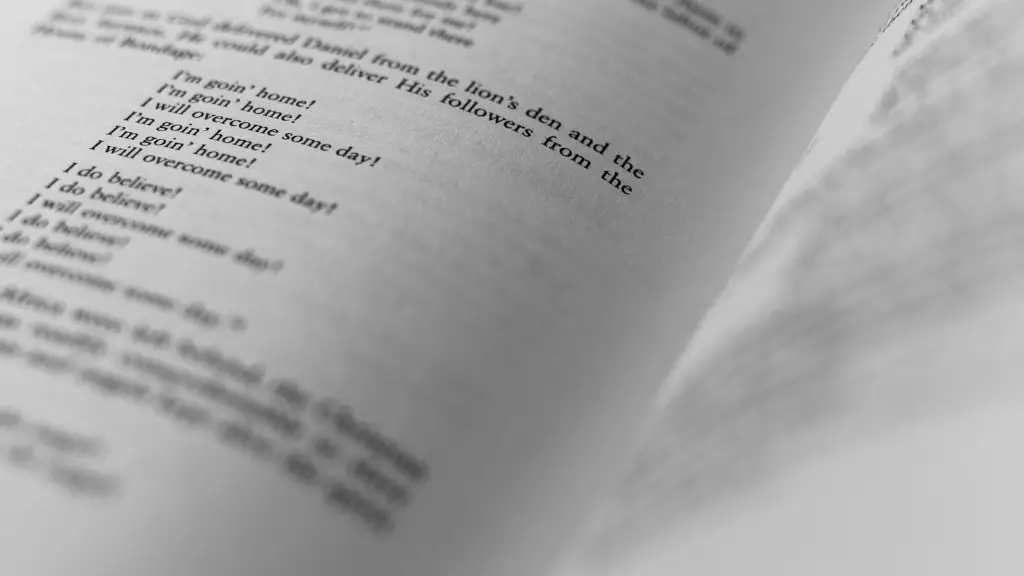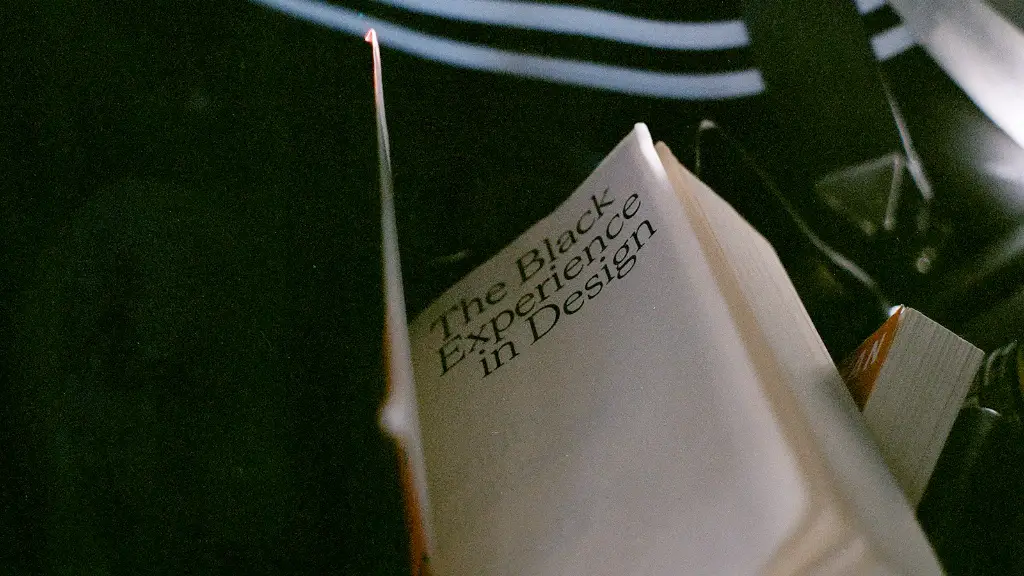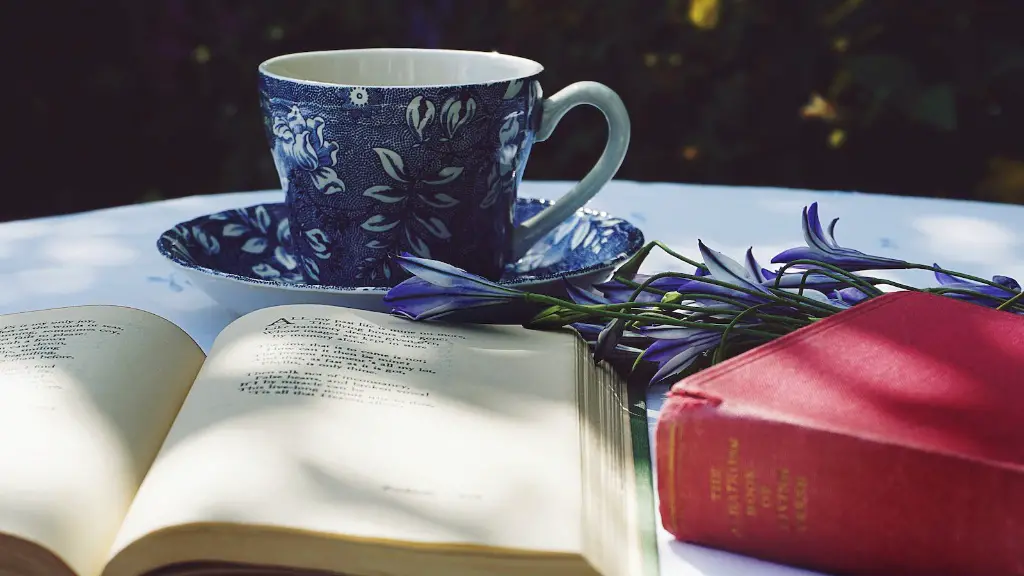Understanding Poetry Basics
Poetry is a type of artform that relies heavily on imagery, language and sound to tell a story or evoke emotion. In essence, poetry is a form of literary expression which often uses figurative language to represent emotions, ideas, and experiences. Quoting poetry, when done correctly, can add an extra layer of beauty to a writing piece. Quoting poetry in HTML format requires a basic understanding of proper punctuation and form, in order to ensure that the quote is accurately portrayed.
Most modern poetry is written in free verse form and is often composed with punctuation and structure, but not necessarily defined by structure. Some rules that apply to quoting poetry, no matter the structure, include punctuating all quotation marks accurately and formatting long quotes correctly. Many readers may not understand the form of poetry unless the sentence structure is broken down visually. Formatting quotes correctly in HTML allows readers to understand the quote and its context better, as well as increases website readability and accessibility.
Formating Long Quotes
When quoting lines of poetry, there are a few ways to properly format them for HTML use. First, the poem’s author’s name should be included. Depending on the CMS (content management system) an HTML code for a blockquote can be used accordingly, which helps create a clean, visible quote. A blockquote, for example, can be created using
commands. The HTML ‘br’ sign as a code can be used to add extra line spacing to the quote as necessary.
Another factor to consider when quoting poetry in HTML is the font style, size, and weight. When quoting poetry, the font used should be elegant and consistent with the font used in the website or project. The font size should be slightly larger than the regular text with a font weight of either regular or bold. This allows the quote to stand out and be easily read while remaining in line with the project’s font aesthetic.
Poetry and Context
It’s important to remember that when quoting poetry, the context of the poem is to be kept in mind as well. When citing a poet, attributes such as the poet’s name, poem title, and the poem’s publication date and volume should be included for further clarification. This will help the reader grasp a better understanding and appreciation of the poem, which is the main goal when quoting poetry. The poem’s publication date and volume will help readers understand the context of the poem better and possibly add further meaning to the quote itself.
Importance of Attribution
It is paramount that any Poem is attributed to the author quoted. This is both out of respect and to give the author proper credit. Use of the quote should always be mentioned within the same article or website, with author name, poem name, and publication of the poem. The International Copyright Database is available to any writer that wishes to ensure they are in compliance with copyright law when quoting other authors’ work.
Organization and Placement
Depending on how a client wishes to format their quotes within the website or article, quotations of poetry can be placed above, below or alongside the text. If the quote is to be placed alongside the text, it is important to remember to keep the line breaks consistent. The lines of the poem should not be broken up as that would change the flow and meaning of the poem. Furthermore, quotes from entire poems should always be placed in full, unedited.
Punctuation Rules
Punctuation is extremely important when it comes to quoting poetry correctly in HTML. It’s essential to know that most periodic sentences that a poet might use, should be expressed correctly in a quotation. For example, if a poem says, “Stay happy, my dear,” then the comma should be included in the quotation. If a poem contains quotation marks within the quote itself, they should be distinguished by using single quotation marks inbetween the quotation marks. For example, the line, “She said, ‘Be true,’” should be cited in HTML as, “She said, ‘Be true’”.
Mode of Sharing Poetry
Most readers enjoy learning about a poet’s work through text. Yet, for an extra layer or insight and expression, poems can also be shared in audio or video form. This is especially helpful for understanding the tone or accent a poet might wish to convey. When sharing the poem, it should be noted that the voice belongs to the author, with their name and the poem’s title next to the audio or video. An audio sharing platform such as SoundCloud or YouTube should be used in order to ensure proper privacy and intellectual copyright laws are followed.
Referencing
When quoting or referencing books, poems, lyrics or other printed works, it is important to credit the author. This is not just to avoid plagiarism, but also out of courtesy for their work. Professors, journalists, and authors should include information about the work in their references, including the author of the poem, the poem’s title and the publication year.
Inline Citing
When quoting a poem inline, it is important to mention the author and poem title directly afterward in parentheses. For example, the line “Stay happy, my dear” should be referenced as “Stay happy, my dear” (Author Name, Poem Title). This inline pertaining of citation should be done after every quote within the article, poem or paper.
Quoting Across Platforms
When quoting poetry on social media or in emails, the same guidelines can apply. Poems should be properly attributed and followed by a link to the original poem. It’s also important to include proper copyright information and a link to the author’s website or bio. Any shared quotes should be credited to the author and poem directly, following the same guidelines as quoting in printed publications.
Quoting For Personal Use
It is important to keep in mind that most poems are copyrighted by the author and belong to them. Quotes from poems can legally be used for personal purposes, such as in photo frames or DIY projects. However, for any other use, such as for commercial or promotional purposes, written consent from the author should be obtained.
Checking For Accuracy
When quoting poetry in HTML, it’s important to double check for accuracy. Quotes should be read over to make sure that all punctuation is correct and all conventions have been attained. Likewise, the CMS that is used to insert the poetry should be tested in different browsers to ensure that the quote appears correctly across different devices.
Conclusion
The quote of poetry used correctly in HTML format can be a beautiful addition to any writing piece. In order to properly quote poetry, it is important to know the context of the poem, the form of the poem, and the conventions of quoting poetry. By keeping in mind the guidelines and conventions of HTML quoting, any writer or artist is sure to produce a beautiful, accurate, and well cited poem.



